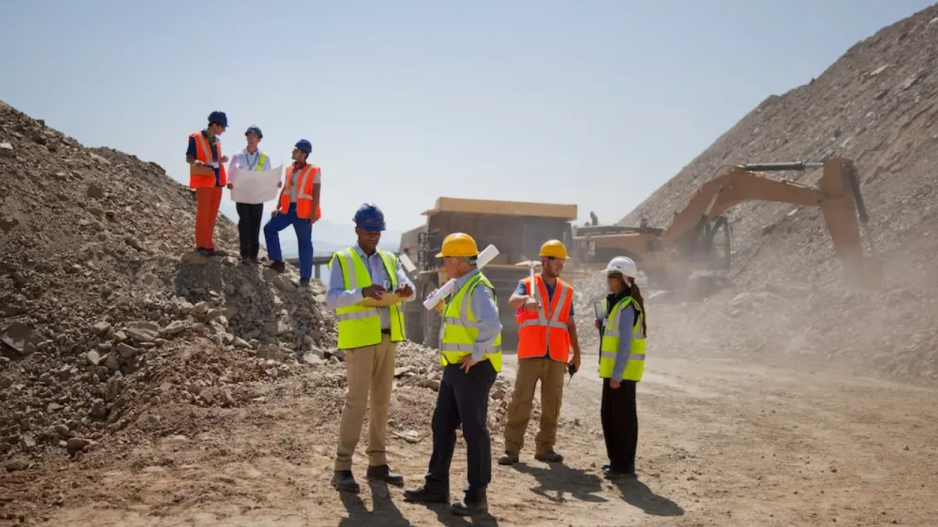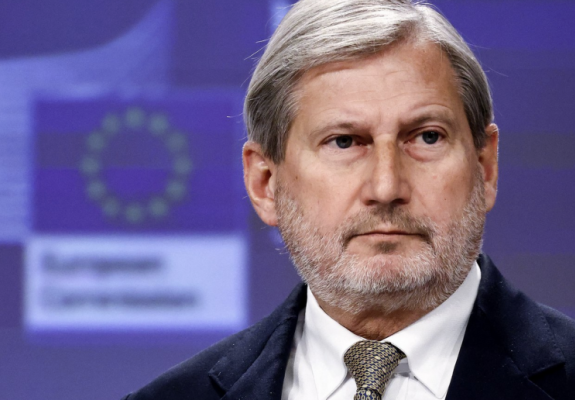LNG Terminal: €200M Bill Lands on Cypriot Taxpayers by the Back Door
The two main shareholders of ETYFA—both semi-governmental organizations overseen and owned by the state—will be expected to finance the majority of the cost.
According to Brief sources, Finance Minister Makis Keravnos has issued instructions that the state will not directly cover the full amount required for the project’s completion. Instead, the two main shareholders of ETYFA—both semi-governmental organizations overseen and owned by the state—will be expected to finance the majority of the cost.
A representative of ETYFA recently told Parliament that the €200 million will not be used solely for infrastructure construction, but will also cover loan repayments and capital needs for 2025–2026, as well as legal fees related to arbitration, technical consultancy services for project oversight, staffing and operations, and additional construction funding.
ETYFA owns and manages the LNG import terminal and is a subsidiary of DEFA, responsible for all infrastructure related to liquefied natural gas (LNG) and its regasification via the floating storage and regasification unit (FSRU).
The company was founded in 2018 to oversee the ownership and management of the LNG import terminal. The project includes an FSRU, a jetty for its mooring, a gas pipeline, and related infrastructure.
Originally, the project was estimated to cost €289 million and expected to be completed by 2022. Partial funding—up to €101 million, or 40% of eligible CAPEX—was secured from the Innovation and Networks Executive Agency (INEA) under the Connecting Europe Facility – Energy Sector.
Additional financing was secured via loan agreements with the European Investment Bank (EIB) for €150 million and the European Bank for Reconstruction and Development for €80 million.
However, significant problems emerged in March 2023, when it was revealed that the European Public Prosecutor’s Office had launched an investigation into the tendering process, which awarded the project to a consortium of Chinese, Greek, and Norwegian interests.
As a result, both the completion timeline and project costs have been pushed well beyond original estimates, with the state now pressing the project’s shareholders to bear the financial burden.






